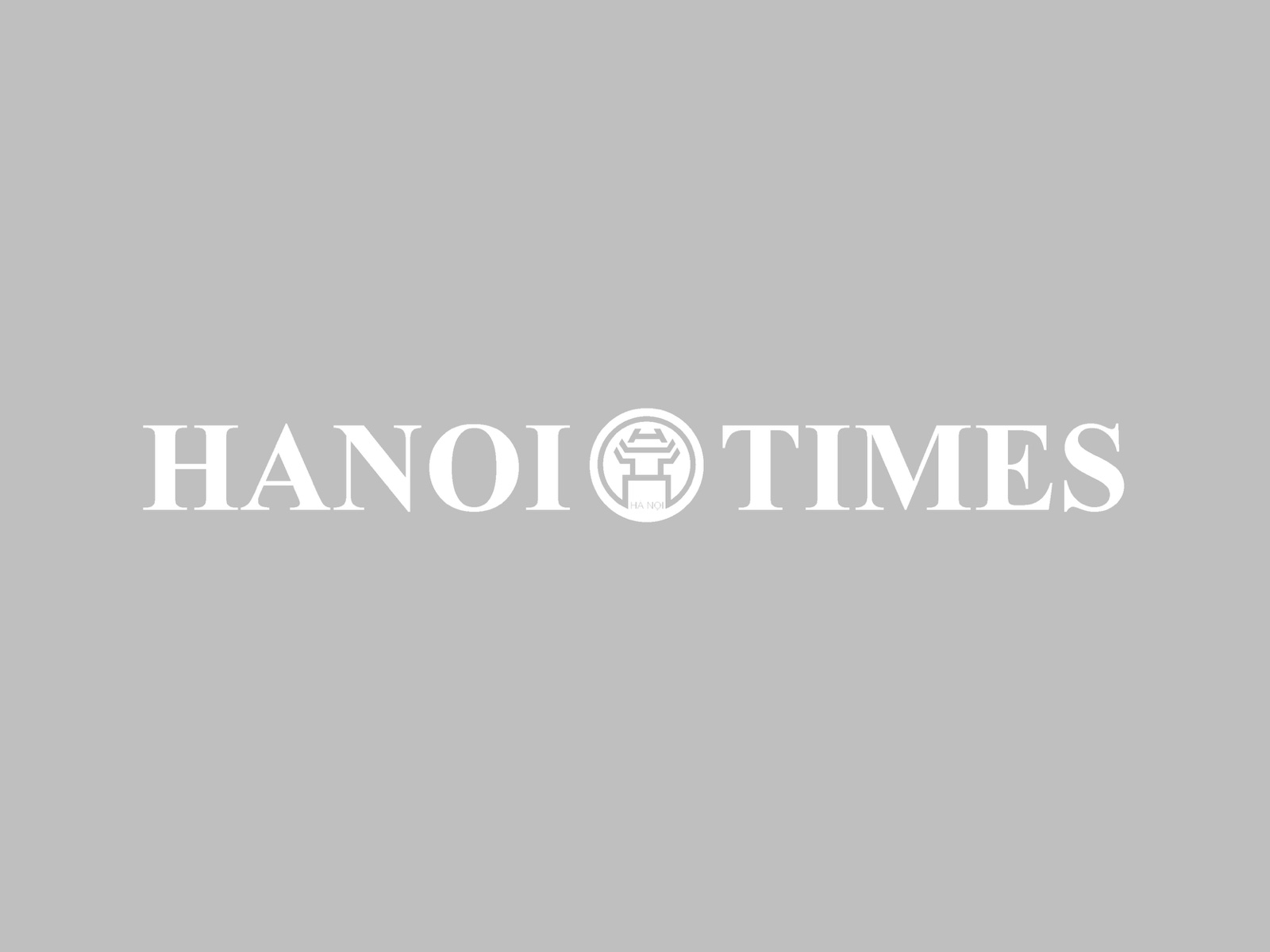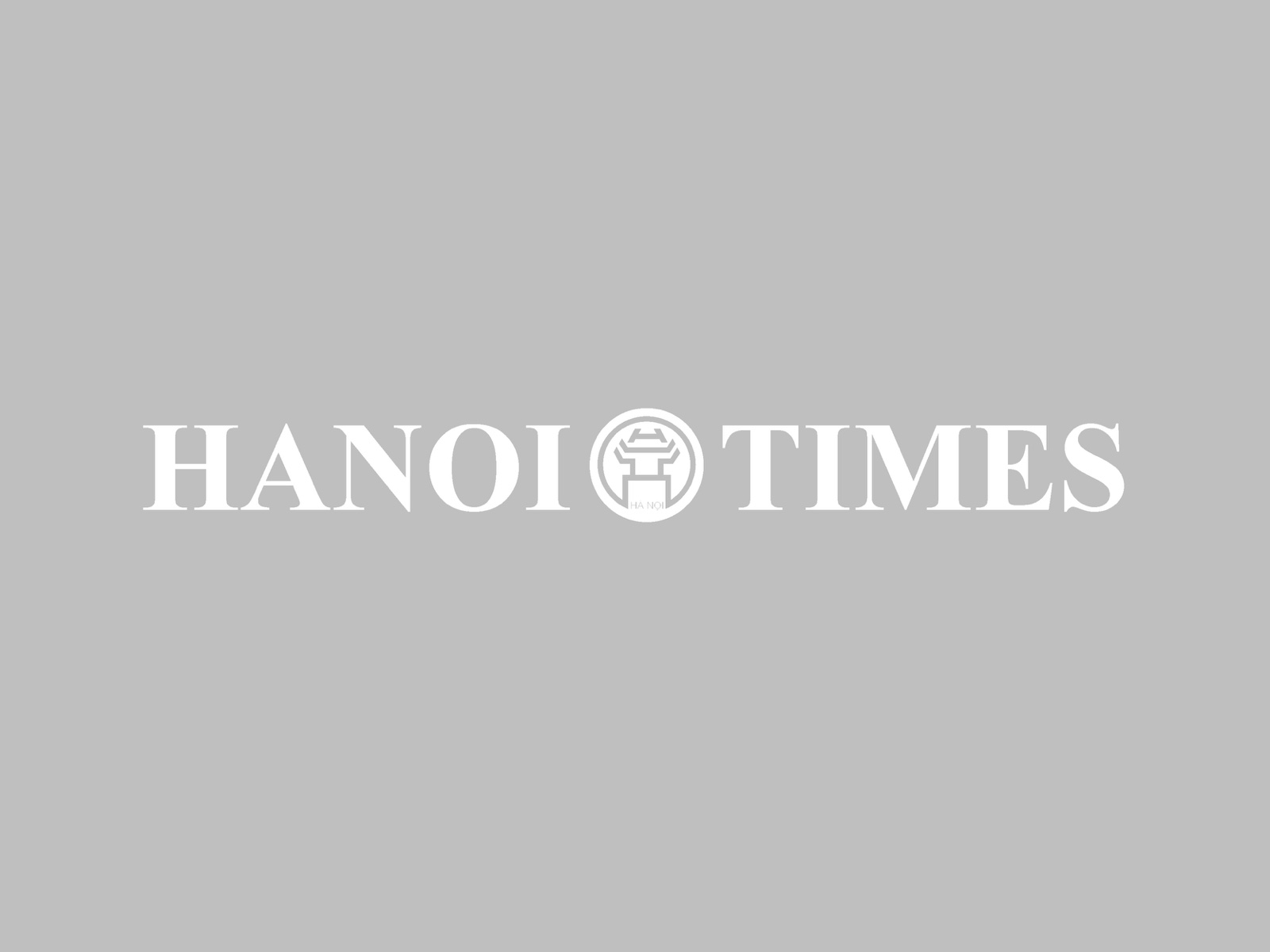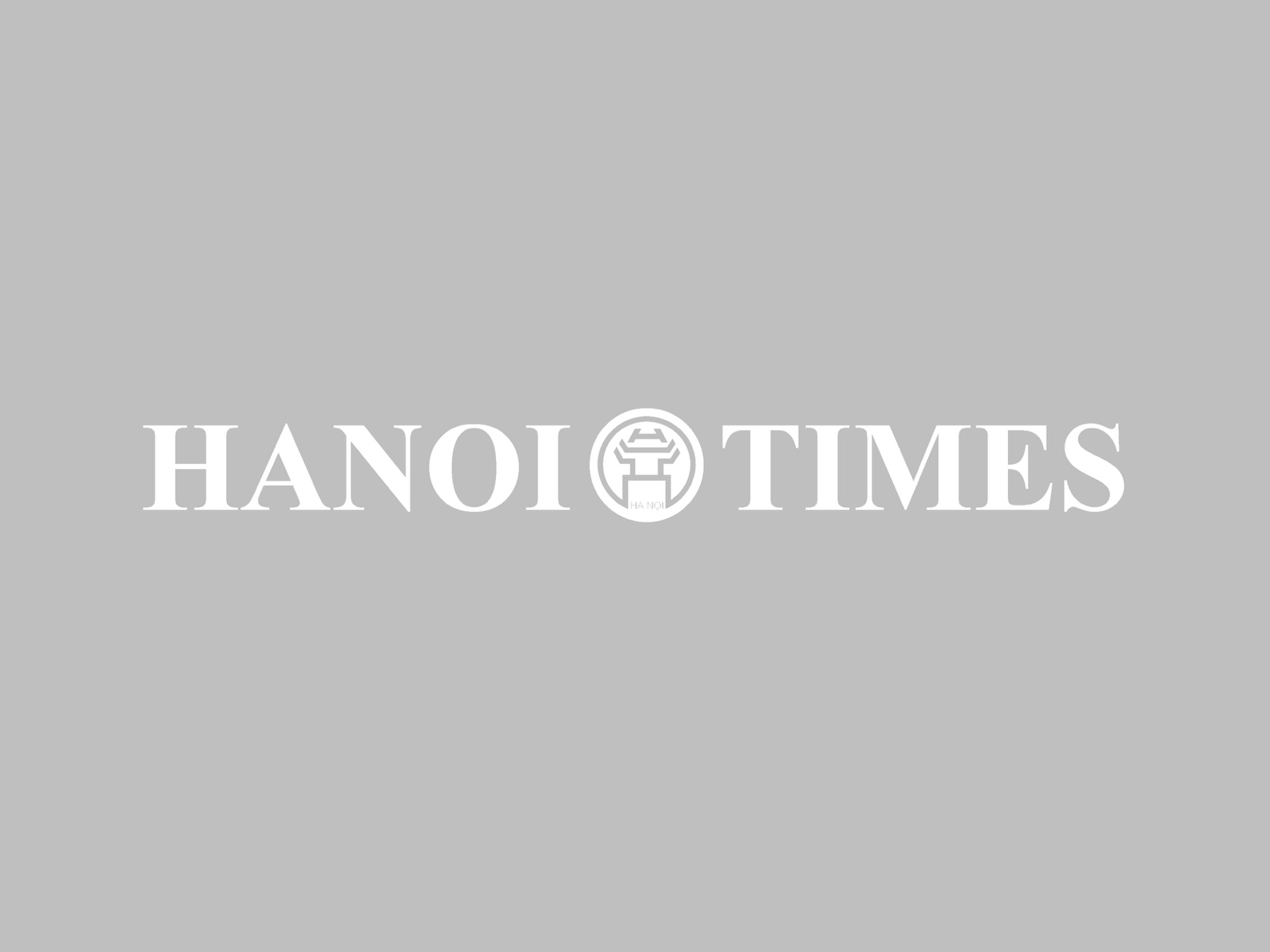Business
Generation Y fuels Vietnam's cosmetic market
Jan 22, 2019 / 02:38 PM
Vietnam`s millennials tend to be more health- and beauty-conscious than earlier generations, and willing to pay a premium for quality.
The cosmetic market in Vietnam has quickly developed thanks to the fast growth of millennial shoppers who are more aware of health and beauty services.
The Southeast Asian country’s growing ranks of millennials or Generation Y/Gen Y and rising incomes have apparently convinced a number of foreign cosmetic retailers to dive into.
Vietnam’s beauty products market has grown at an annual rate of 30% over the past few years, with foreign brands making up more than 90% of sales, according to the Vietnam Essential Oils, Aromatherapy and Cosmetics Association.
Vietnamese consumers spent $6 billion on imported cosmetics and beauty products in 2018, a threefold increase over 2016, making the competition for millennial shoppers heated up.
Vietnam’s middle class is forecast to reach 33 million people by 2020. About 30% of the population consists of millennials, who tend to be more health- and beauty-conscious than earlier generations, and willing to pay a premium for quality.
In addition, rising incomes, fueled by the country’s robust economic growth, are driving the expansion.
Foreign players come following the government’s open retail market
Vietnam fully opened its retail markets to foreign companies in 2009, three years after joining the World Trade Organization (WTO).
Since then, Vietnam’s cosmetic market has witnessed the operations of many players including some big names, such as Singapore-invested Guardian and local player MEDiCARE.
Vietnam’s first homegrown health and beauty chain, MEDiCARE, was founded in 2001 while Guardian, owned by Dairy Farm International, which entered the market in 2011.
MEDiCARE operates more than 80 shops across the country compared to 70 Guardian stores in four cities. The Faceshop chain, which specializes in South Korean products, also has an online shop and more than 60 stores across Vietnam.
In big cities, many smaller cosmetics chains or individual stores sell imported products from South Korea, Japan, France and the U.S.
There is also a bustling online trade in health and beauty products on e-commerce platforms, such as Lazada, Sendo and Tiki, as well as Facebook, the biggest social network in Vietnam.
The prospective has drawn the participation of many foreign brands into Vietnam’s crowded beauty market and Hong Kong-based Watsons is the latest example.
Watsons – one of Asia’s biggest health and beauty retailers – has entered Vietnam’s fast-growing cosmetics market, where a young and growing middle class is fueling demand for imported products.
Watsons opened its first outlet in 68-storey Bitexco financial tower in Ho Chi Minh City on January 17 and announced a chain of 50 more shops in the next few years. With this plan, Watsons would be the third largest retailer behind Guardian and MEDiCARE.
Rod Routley, regional managing director for Asia at A.S. Watson Group, said that they are excited to enter Vietnam and will build long-term relationship local customers. The company will offer both offline and online services to reach young, tech-savvy Vietnamese customers.
Watsons is operated by A.S. Watson Group, part of multinational conglomerate CK Hutchison Holdings, which runs businesses ranging from infrastructure and energy to retail and is active in more than 50 countries.

Illustrative photo
|
Vietnam’s beauty products market has grown at an annual rate of 30% over the past few years, with foreign brands making up more than 90% of sales, according to the Vietnam Essential Oils, Aromatherapy and Cosmetics Association.
Vietnamese consumers spent $6 billion on imported cosmetics and beauty products in 2018, a threefold increase over 2016, making the competition for millennial shoppers heated up.
Vietnam’s middle class is forecast to reach 33 million people by 2020. About 30% of the population consists of millennials, who tend to be more health- and beauty-conscious than earlier generations, and willing to pay a premium for quality.
In addition, rising incomes, fueled by the country’s robust economic growth, are driving the expansion.
Foreign players come following the government’s open retail market
Vietnam fully opened its retail markets to foreign companies in 2009, three years after joining the World Trade Organization (WTO).
Since then, Vietnam’s cosmetic market has witnessed the operations of many players including some big names, such as Singapore-invested Guardian and local player MEDiCARE.

MEDiCARE
|
MEDiCARE operates more than 80 shops across the country compared to 70 Guardian stores in four cities. The Faceshop chain, which specializes in South Korean products, also has an online shop and more than 60 stores across Vietnam.
There is also a bustling online trade in health and beauty products on e-commerce platforms, such as Lazada, Sendo and Tiki, as well as Facebook, the biggest social network in Vietnam.
The prospective has drawn the participation of many foreign brands into Vietnam’s crowded beauty market and Hong Kong-based Watsons is the latest example.

A Watsons location in HCM City. Photo: Insideretailasia
|
Watsons opened its first outlet in 68-storey Bitexco financial tower in Ho Chi Minh City on January 17 and announced a chain of 50 more shops in the next few years. With this plan, Watsons would be the third largest retailer behind Guardian and MEDiCARE.
Rod Routley, regional managing director for Asia at A.S. Watson Group, said that they are excited to enter Vietnam and will build long-term relationship local customers. The company will offer both offline and online services to reach young, tech-savvy Vietnamese customers.
Watsons is operated by A.S. Watson Group, part of multinational conglomerate CK Hutchison Holdings, which runs businesses ranging from infrastructure and energy to retail and is active in more than 50 countries.







